Washington, D.C., Oct. 16 – There is no way any single candidate questionnaire can fully capture the issues impacting the approximately 61 million Americans living with some form of disability. The questions chosen by RespectAbility for the nonpartisan 2020 Disability Voter Candidate Questionnaire reflect organizational priorities around fighting stigmas and advancing opportunities so people with disabilities can participate fully in all aspects of community. In our outreach to candidates the Presidential as well as key Senate and Governor races on both sides of the aisle, RespectAbility has offered candidates the chance to offer any additional policy proposals and future priorities beyond just the scope of the questionnaire.
Question 7 of the Questionnaire was: What additional policies and priorities, other than those already discussed above, do you plan to focus on to improve the lives of people with disabilities?
Below, read the answers from the candidates who responded. These responses are listed alphabetically by state:
Democratic Presidential Candidate and Former Vice President Joe Biden:
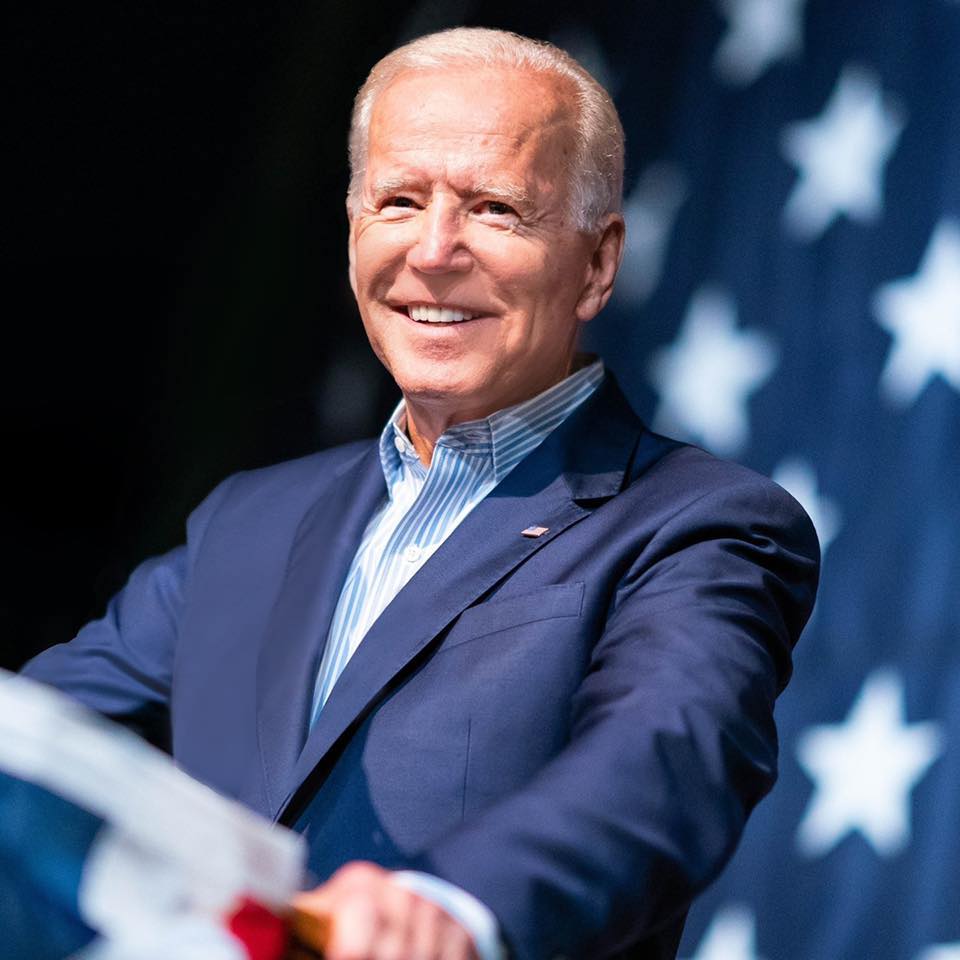
In June, I released my plan for the full participation and equality of people with disabilities. You can read it here: www.joebiden.com/disabilities It outlines my commitments and priorities. As President, I will:
- Ensure full inclusion of people with disabilities in policy development and aggressively enforce the civil rights of people with disabilities.
- Guarantee access to high-quality, affordable health care, including mental health care, and expand access to home and community-based services and long-term services and supports in the most integrated setting appropriate to each person’s needs and based on self-determination.
- Expand competitive, integrated employment opportunities for people with disabilities.
- Protect and strengthen economic security for people with disabilities.
- Ensure that students with disabilities have access to educational programs and support they need to succeed, from early interventions to post-secondary education.
- Expand access to accessible, integrated, and affordable housing, transportation, and assistive technologies and protect people with disabilities in emergencies.
- Advance global disability rights.
Read Biden’s full questionnaire response here
Incumbent Democratic Senator Doug Jones of Alabama:
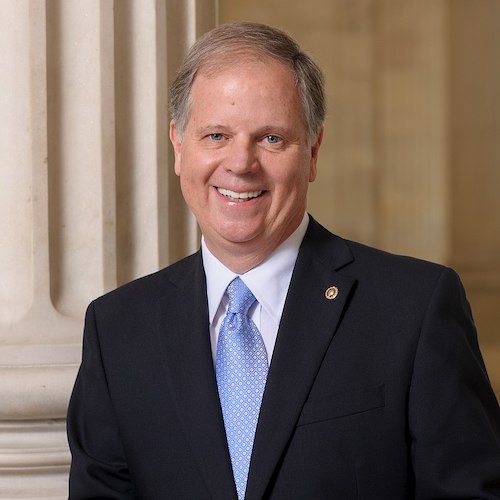
Too often, our policies in areas like criminal justice, education, housing, transportation and health care ignore the concerns of the disability community.
During the COVID-19 pandemic, many caregivers for people with disabilities have had to face the difficult choice of staying home from work and caring for their loved ones, or going to work and sending their loved ones to nursing homes or other facilities which place them at a higher risk of coming in contact with the COVID-19 virus. We need to make sure that these families are getting the resources and assistance they need during this pandemic.
Many qualified individuals with disabilities have yet to receive stimulus payments and many people with disabilities have lost their jobs in the wake of the pandemic. We must make sure that the needs of people with disabilities do not fall through the cracks and that they receive the assistance that they deserve. I am also hopeful that we can secure dedicated funding for Medicaid home and community-based services, paid leave for caregivers, and the necessary PPE for direct support professionals.
The bottom line is that every policy issue affects people with disabilities and should be considered – from access to quality food, housing, health care and jobs. The next decade must be a period that transforms access and inclusion for people with disabilities in every aspect of our society.
Read Jones’s full questionnaire response here
Democratic Senate candidate and former Colorado Governor John Hickenlooper:

Among Hickenlooper’s additional policies and priorities to improve the lives of people with disabilities would be a focus on solutions to the direct support workforce crisis. Hickenlooper recognizes this is critical to ensuring that people with disabilities can live, work and contribute to their communities. He would seek to continue using community colleges and job centers to develop and invest in career training and credentialing for Direct Support Professionals.
Read Hickenlooper’s full questionnaire response here
Incumbent Democratic Governor John Carney of Delaware:
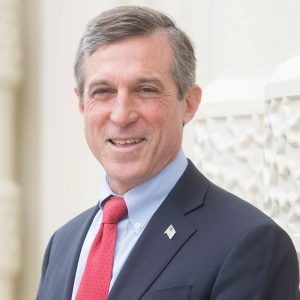
All of these issues present critical and unique challenges for people with disabilities. I’ve learned about each of them first hand during my years in public service, and through helping my sister and brother in law care for my niece who has severe autism. Whether it’s increasing affordable housing options, improving the transition of offenders back into society, or other ways of assisting those with disabilities live independently in their communities, my administration will continue to look for ways to make progress.
Read Carney’s full questionnaire response here
Incumbent Republican Governor Eric Holcomb of Indiana:
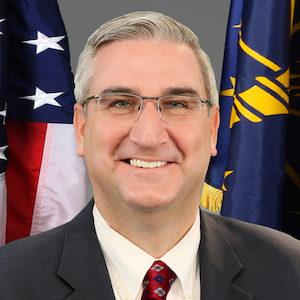
Editorial Note: Gov. Holcomb answered RespectAbility’s questionnaire with a letter focused on his Administration’s past disability efforts. He did not specifically answer Question 7.
Read Holcomb’s full questionnaire response here
Democratic gubernatorial candidate Dr. Woody Myers of Indiana:
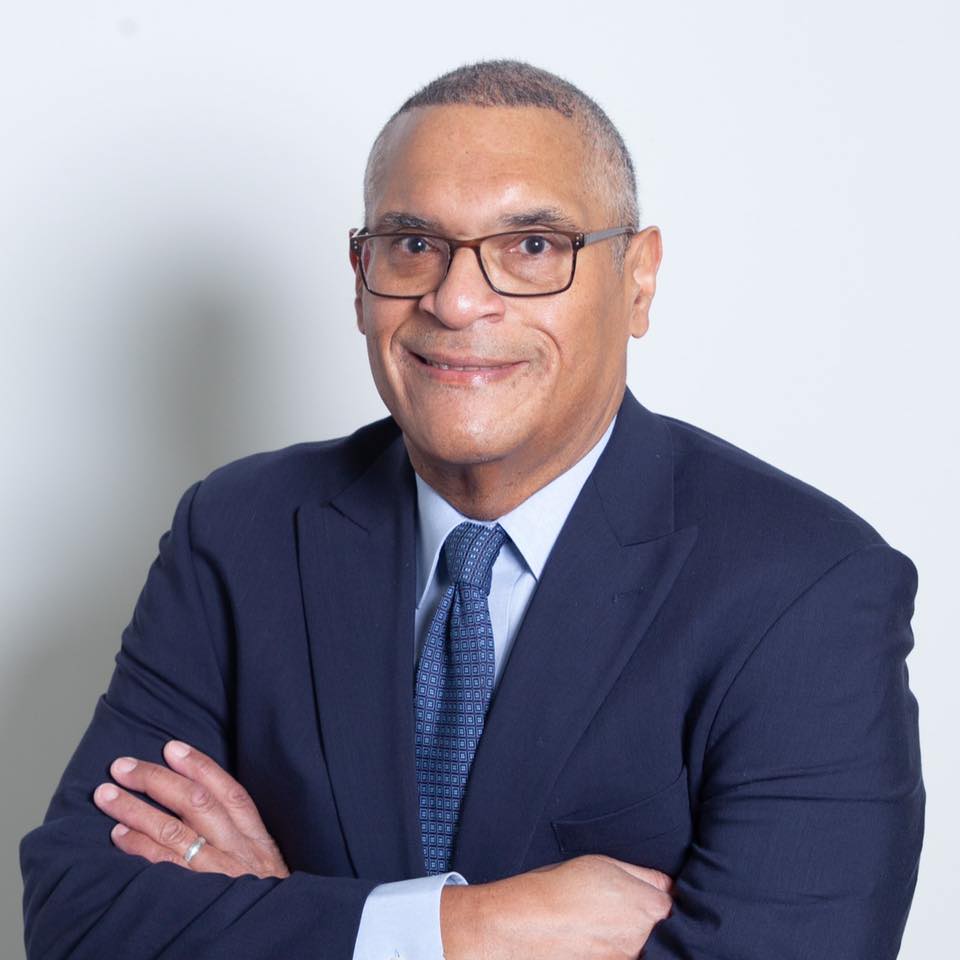
A Myers-Lawson Administration would immediately call for a review of how well the state and its agencies comply with federal regulations. Including a review to ensure the number of ADA coordinators meets or exceeds requirements. We will ensure that state buildings meet accessibility standards and provide alternative communication as requested, in the format preferred, such as ASL interpreters, audio loops, real-time captioning, Braille, and electronic format.
We will expand efforts for students with disabilities to work and build a career after school, including advance post-secondary training. We will increase representation on the State Board of Education and other state boards to be more representative of people with disabilities and advocates. Additionally, we will work to increase wages for Direct Support Professionals so that their pay reflects the importance of the work they do. We will work to address expanding choices for people with disabilities and their families so home and community-based care is a viable option for all Hoosiers in need of this additional support. The Myers-Lawson Administration will ensure that representation and inclusion are foremost part of the decision-making process for policies affecting people with disabilities.
Ready Myers’s full questionnaire response here
Democratic Senate candidate Theresa Greenfield of Iowa:
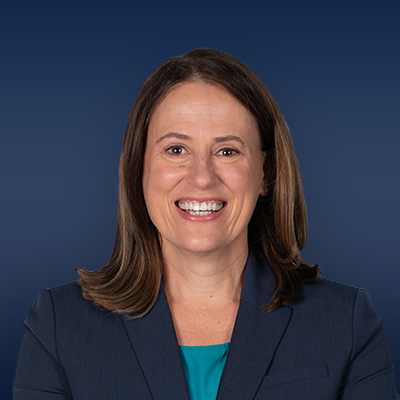
In addition to expanding education and job opportunities, I also support criminal justice reforms and expanding investments in mental health services so we can limit the burden on our criminal justice system and make sure people with disabilities get the care they need.
Read Greenfield’s full questionnaire response here
Incumbent Republican Senator Susan Collins of Maine:

Editorial Note: Sen. Collins answered RespectAbility’s questionnaire with a letter focused on her legislative accomplishments and career. She did not specifically address Question 7 on our questionnaire.
Read Collins’s full questionnaire response here
Democratic Senate candidate and Speaker of the Maine House of Representatives Sara Gideon:

As Senator, I will fight to ensure that no individual with disabilities is ever discriminated against in accessing or obtaining health care, housing, or employment. Too many individuals with disabilities face barriers in accessing their right to vote — I will work to ensure that those barriers are taken down and every American who wants to vote is able to.
Read Gideon’s full questionnaire response here
Democratic Senate candidate and current Montana Governor Steve Bullock:

One of our most pressing priorities as a nation is to ensure that every person has access to affordable, quality healthcare. We have made real progress in expanding access to healthcare, including through initiatives like Medicaid expansion, which I secured as Governor. But too many people struggle with unaffordable healthcare costs, and this particularly impacts people with disabilities who rely on healthcare access to maintain their ability to live independently in their communities. As Senator, I will fight to build on the progress we’ve already made by making sure that every American is covered by health insurance, and taking on special interests to drive down the escalating costs of healthcare and prescription drugs.
Read Bullock’s full questionnaire response here
Incumbent Republican Senator Steve Daines of Montana:
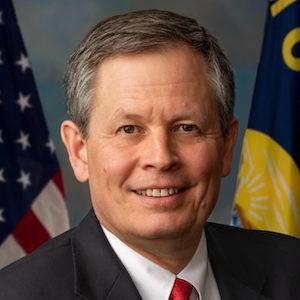
The most important thing we can do is always remember to value the dignity of every single human life. It’s been an honor to meet with, listen to, and always support those with disabilities, and I look forward to continuing to do so if elected to a second term as Montana’s U.S. Senator.
Read Daines’s full questionnaire response here
Democratic candidate for Governor and current Montana Lieutenant Governor Mike Cooney:
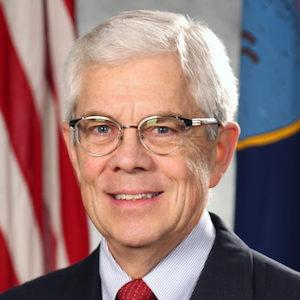
As governor, I will work closely with the disability rights community to continually take stock of ways my administration can improve the lives of folks living with disabilities, and will engage in thoughtful discussions to ensure their needs are met. I look forward to working with your organization and many others to reach these goals and create a better, more inclusive Montana for everyone.
Read Cooney’s full questionnaire response here
Libertarian Senate candidate Bob Walsh of New Mexico:
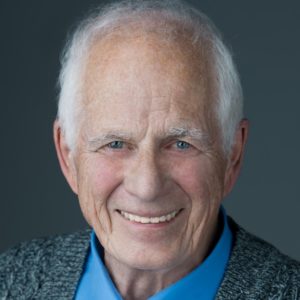
The only proper role for Congress is to secure the rights of the people. Instead, Congress is led by a military-industrial establishment that is more interested in crony capitalism than the rights of the people. Each establishment political party seeks control over all three branches of government in hopes of achieving the tyranny of one-party government. Most of the listed issues are local matters that should be decided locally. Climate effects are extremely uncertain because predictions require assumptions about future economy, future technology, and future emissions; because they use simplified models of complex physical processes; and because any particular change in climate will have both benefits and challenges.
Read Walsh’s full questionnaire response here
Democratic Senate candidate Cal Cunningham of North Carolina:
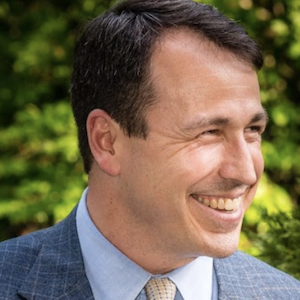
North Carolinians deserve a Senator that fights for the interests of their constituents, not their own political interests. We can no longer afford the partisan games we’ve seen from our state’s current representation in Washington when it comes to fundamental issues like health care and earned benefits like Social Security, Medicare and SSDI. As North Carolina’s Senator, I would fight to make health care both accessible and affordable for all of my constituents, which is especially important in the midst of a once-in-a-lifetime pandemic. We must also protect critical earned benefits like Social Security, Medicare and Medicaid and SSDI. These benefits provide critical lifelines for North Carolinians across the state and shouldn’t be put at risk to score political points. As North Carolina’s Senator, I will always put the needs of my constituents and North Carolina communities first.
Read Cunningham’s full questionnaire response here
Incumbent Republican Senator Thom Tillis of North Carolina:
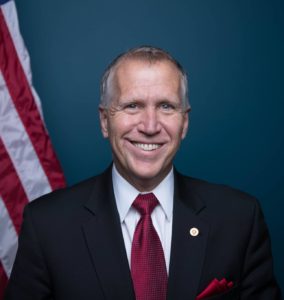
I believe in giving every single American a fair shot at success. That starts with an appropriately tailored education, access to the supportive services they need, and a level playing field to thrive in the land of opportunity. I commit to continue working with my Senate colleagues, on a bipartisan basis, to remove barriers to employment, ensure quality of care and services, and allow each and every one of us to live a life our parents would be proud of. I am honored to serve as your U.S. Senator, where in my last six years, I have worked to expand opportunities for Americans of all backgrounds, and in my next six years will open up even more doors for you, for your children, and for your grandchildren.
Read Tillis’s full questionnaire response here
Incumbent Democratic Governor Roy Cooper of North Carolina:

I want all North Carolinians to be healthier, better educated, and have more money in their pockets. Individuals with disabilities often face barriers to these goals. I am committed to advocating for North Carolinians with disabilities to overcome these barriers. I look forward to seeking your continued advice as we fight for a North Carolina that works for all of us.
Read Cooper’s full questionnaire response here
Democratic congressional candidate Moe Davis of North Carolina:
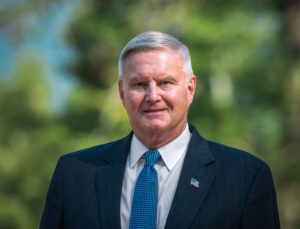
I am committed to preserving and strengthening the ACA, SSI, SSDI, Medicare and Medicaid. I will fight for a government funded public healthcare option for anyone who wants it. We can never go back to a time when people could be refused insurance or be priced out due to preexisting conditions.
We need policies that put employers’ minds at ease when hiring people who may have higher medical costs. We need policies that ensure no person who needs vehicle modification or home modification will go without. We can better support employers who make accommodations for their employees. Most of all, I am committed to having disabled persons at the table for every single decision that impacts them.
Read Davis’s full questionnaire response here
Democratic Lieutenant Governor and candidate for Vermont Governor David Zuckerman:

Below are some of my key priorities and how they will help improve the lives of people with disabilities:
As Governor, I will work to an economy that puts Vermonters back to work with decent paying jobs. This means raising the minimum wage and ensuring that our economy includes and encourages opportunities for people with disabilities.
I will expand broadband so everyone can access education, work and resources from their home. The expanded opportunities for telework will significantly impact people with disabilities as well as caregivers and rural Vermonters.
Food insecurity is both more common and tends to be more severe in households where one or more of the members have a disability. I will address food insecurity in those households and others throughout Vermont by increasing wages, and supporting farmers and local food production.
I will fight the climate crisis in a way that builds economic opportunity and ensures a healthy future.
I know how imperative it is to protect our State Colleges across the state. For rural students with disabilities, these schools can provide a close, and affordable option for secondary education. Without these colleges, the transportation issues and cost would significantly reduce options for students with disabilities in Vermont.
I will listen to our teachers, parents, students, and staff as we create a new normal in K-12 education. On-the-ground educators and especially special educators should be at the table in crafting our future in education.
I will increase healthcare access for all Vermonters and bring costs under control. This will significantly affect and help people with disabilities who, on average, incur far higher healthcare costs and prices from insurance companies than the average Vermonter.
Read Zuckerman’s full questionnaire response here
Democratic Governor candidate and Kanawha County commissioner Ben Salango of West Virginia:

As governor, I will expand substance abuse and mental health counseling for West Virginians, and particularly our veterans and first responders injured in the line of duty. To address the growing Black Lung problem among our state’s coal miners disabled on the job, I will:
- Provide funding for early medical treatment to slow down the progression of Black Lung.
- Require insurance providers to award 20 weeks of benefits to all miners who have early-stage black lung. This will help them to seek treatment and to prevent the disease from progressing to more complicated forms.
- Require insurance providers to award 25% partial disability to any miner who has progressed to having complicated black lung.
- Make it easier for miners to file a state workers’ compensation case. Currently, if a miner files a claim more than three years after their last coal mine employment, the workers’ compensation insurance company does not have to pay for a black lung exam, unless the miner has already developed your own proof of breathing complications.
- Establish a state Black Lung Pension Fund, similar to SB 144 (2019). It would provide a monthly benefit for pain and suffering to all miners who were exposed to the hazard of coal mine dust inhalation for 10 years.
In my personal life, I have sponsored sensitive Santa programs for children with Autism for over a decade. I also built Challenger Field in Nitro. I will continue to make sure everyone has equal opportunities when governor.
Read Salango’s full questionnaire response here
RespectAbility is a nonprofit, nonpartisan organization that fights stigmas and advances opportunities so people with disabilities can fully participate in all aspects of their communities. RespectAbility does not rate or endorse candidates. View more coverage of 2020 candidates.
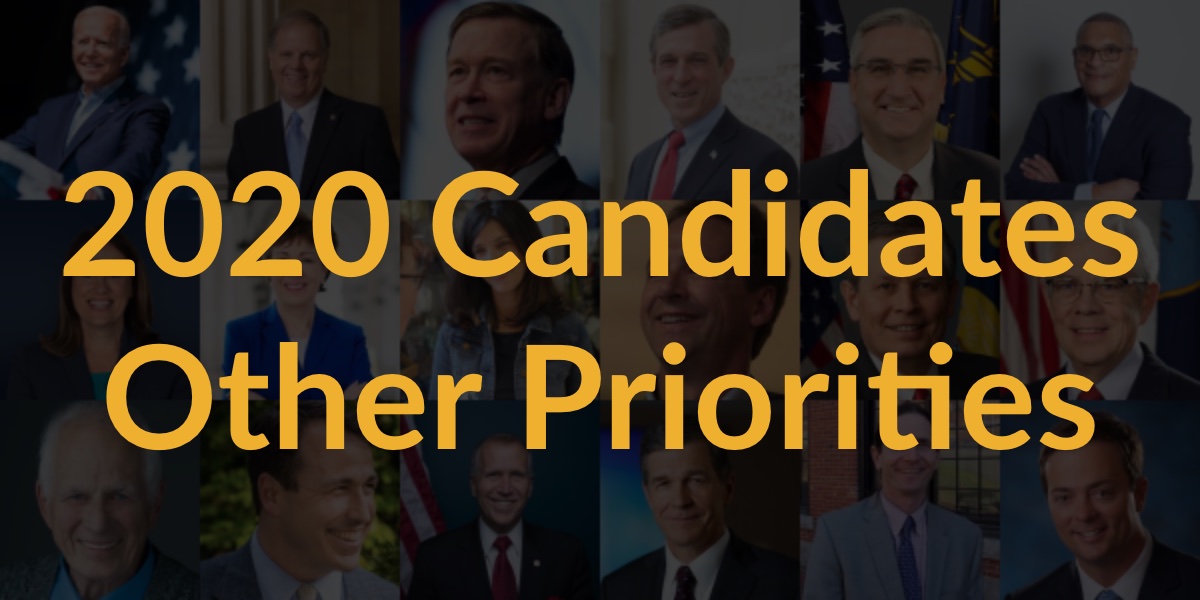
[…] Other Priorities for People with Disabilities […]